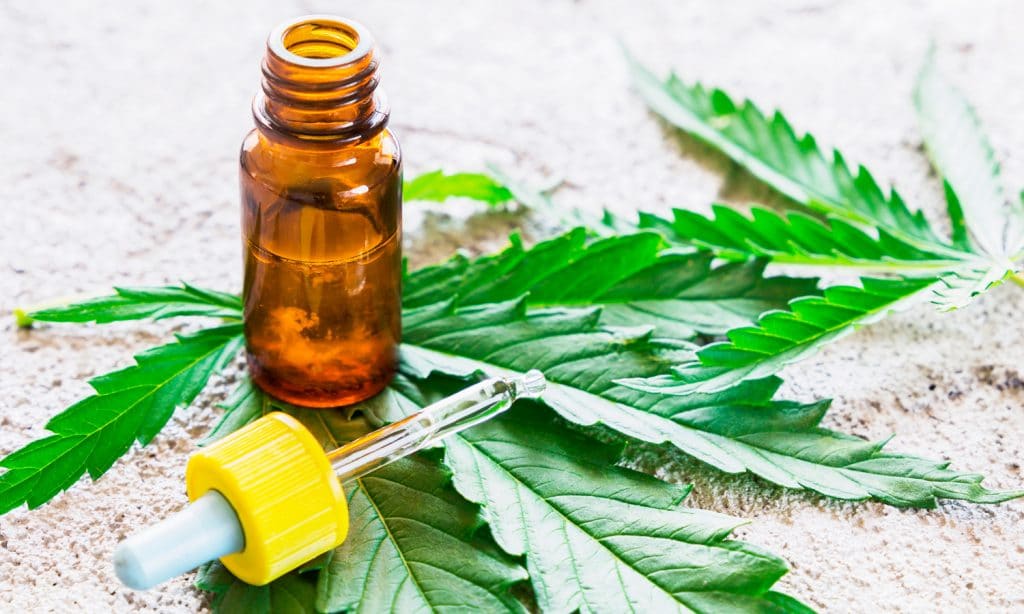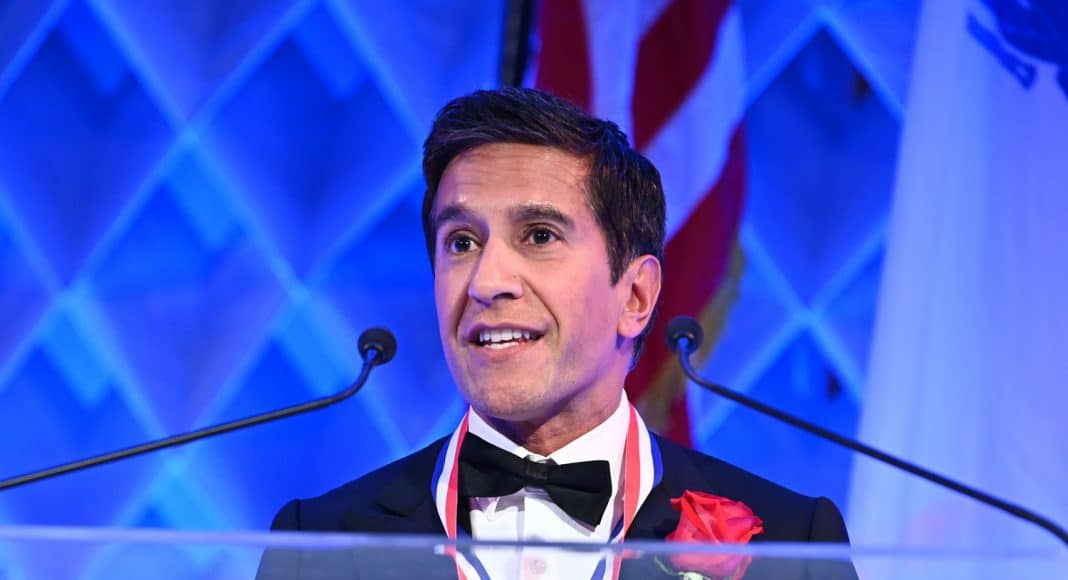Leading marijuana researchers now believe a cannabis compound could treat autism symptoms.
When Dr. Sanjay Gupta unveiled his investigative series on marijuana in 2013, he legitimized the plant’s therapeutic and medical capabilities in the mainstream. Nowhere was this more prominent than Gupta’s focus on how cannabis treats seizures, specifically in children. He introduced the world to Charlotte’s Web, a popular CBD oil for patients that drastically reduced the number of seizures patients like Charlotte Figi experienced. As a 3-year-old, she had 300 seizures a week; by taking Charlotte’s Web she only had two to three seizures a month while also eliminating all other anti-seizure pharmaceuticals.
RELATED: What Scientists Are Saying About The CBD Boom
In his latest report, “Weed 5: The CBD Craze,” Gupta directly examined the wellness trend he had a hand in starting. “We are in an age of wisdom, but also an age of foolishness,” he declared. The foolishness because “CBD has been hijacked by unscrupulous actors peddling crooked, corrupt and contaminated products.” But the wisdom comes from the work done by GW Pharmaceuticals.
When we set out six years ago to report on medical marijuana, we had no idea we'd be making a "Weed 5" — but we had to. If you use CBD, or are thinking about it, I hope you'll join me for a @CNN Special Report tonight at 8 ET/PT. #Weed5 pic.twitter.com/mPwTwHRTLg
— Dr. Sanjay Gupta (@drsanjaygupta) September 29, 2019
Gupta was given exclusive access to a GW Pharmaceuticals during his report, which included a clinical trial on cannabidivarin, a marijuana compound more commonly known as CBDV. The study, conducted at Montefiore Medical Center in New York, focused on the effects CBDV could have on the “irritability and repetitive behaviors in children with autism spectrum disorder.” Similar to CBD, CBDV is non-psychoactive and does not cause users to get “high.”
GW Pharmaceuticals investigated the effects CBDV could have following the success of its cannabis-based medicine Epidiolex had in treating epilepsy.

“When you look at these—loss of cognitive function, poor socializing skills, poor language skills—what you’re looking at is a phenotype very similar to autism,” GW founder Dr. Geoffrey Guy told Gupta. “In my mind, epilepsy and autism-type presentations are on the same continuum.”
Due to the range and variety of symptoms seen in autism spectrum disorders, some experts warn caution in pinning hopes to CBDV. Currently, there is no known cure for autism. Dr. Eric Hollander, the lead scientist on the trial, has more than 30 years of experience researching autism spectrum disorder. Like Dr. Guy, he believes autism and epilepsy could share underlying causes, and will focus his research on treating the associated symptoms caused by autism.
RELATED: Cannabis, CBD Oil, and Autism: What Do We Know So Far?
“In some of the animal models that are similar to autism, it was found that CBDV had important effects on social functioning, on decreasing seizures, on increasing cognitive function, and in reducing compulsive or repetitive behavior,” Hollander said. “So for that reason, we wanted to apply that to autism.”
That said, don’t expect results anytime soon. The double-blind clinical trial won’t conclude until June 2021, with results finalized by September 2021.


